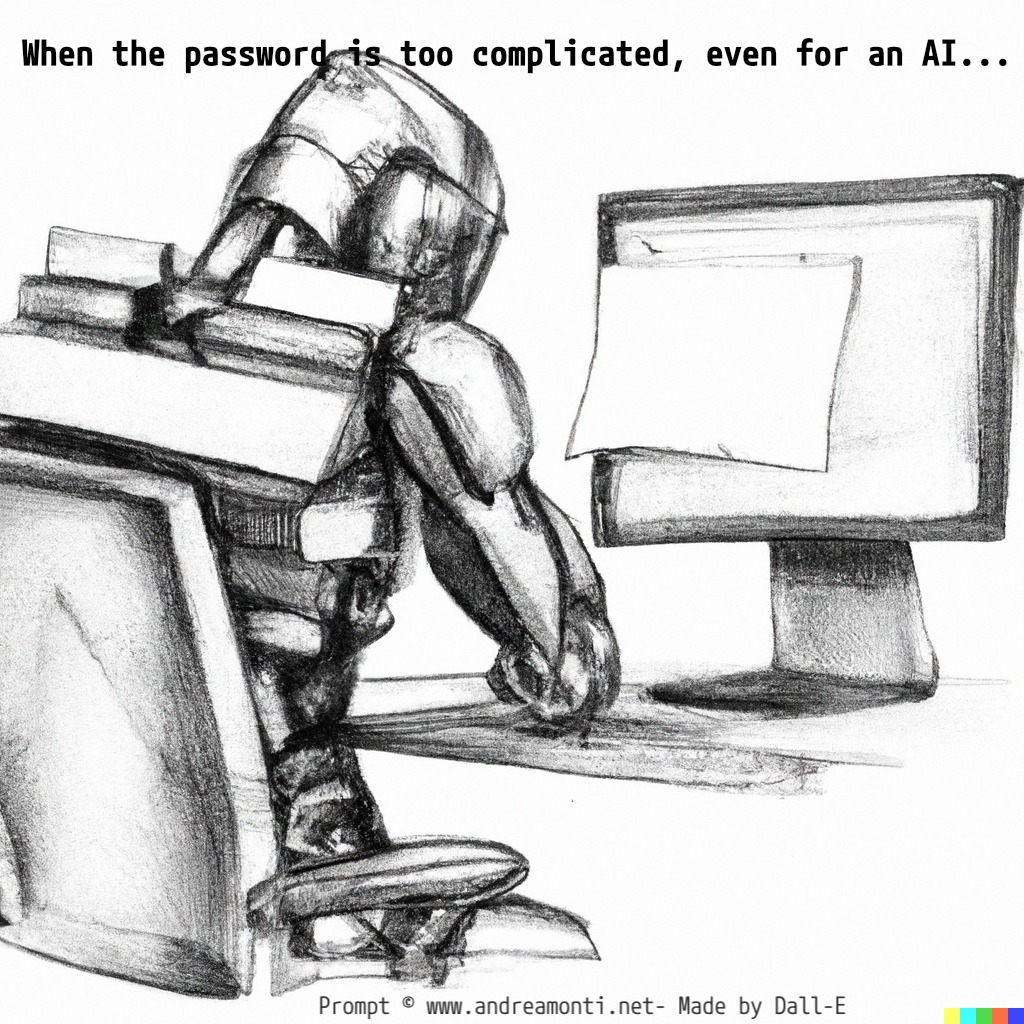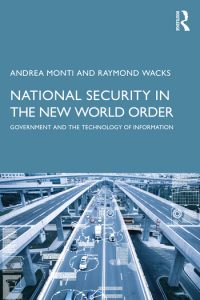AI-generated Art is the end of creativity. But not in the sense that everyone is talking about
A few days ago, in Colorado (USA), a person would have won an art competition by participating with an image generated by – needless to say – an “artificial intelligence”. It is certainly not the first case of “works of art” created without human intervention – just think of the Next Rembrandt – and the many examples of text-to-image used to demonstrate the efficiency of algorithms and platforms. Again, the comments were inspired by the Frankenstein syndrome, the fear that the “creature” will turn against his “master”. In other words, there are fears for the “death of creativity” and, more prosaically, for the loss of jobs in the graphics, photography and art sectors di Andrea Monti – Initially published in Italian by Italian Tech Continue reading “AI-generated Art is the end of creativity. But not in the sense that everyone is talking about”
National Security in the New World Order
The new book on National Security, Technology of Information and Law is out!
Cyberwarfare: the border between games and reality is thinner and thinner
ARCAS (the acronym stands for AI-Powered, Computerized Solution for Assault Rifles) reduces the difficulty of a soldier involved in combat in analysing the scenario and making decisions on engaging opponents. It is a system built around the concept of an assault rifle that allows soldiers to identify threats in advance, optimise firing trajectories, lock onto targets and have visual information on the weapon’s operation and interaction with the environment. In addition, the system allows the operator to receive information from the control room and other team members equipped with the same instrument by Andrea Monti – Initially published in Italian by Strategikon – an Italian Tech Blog
Continue reading “Cyberwarfare: the border between games and reality is thinner and thinner”
“AI” and the importance of “Neuter”
An article by Simone Cosimi on Repubblica.it re-sings the old refrain of “the computer is stronger than a human playing chess” in the variant “Go” (which is a Chinese game, but that the journalist qualifies with Japanese terms about a Korean player, despite being the game known and played for centuries in Japan and Korea).
A semantic rigour aside, that a computer – or better, a software, can be “stronger” than a human being – is hardly a news. Everyone who plays chess knows that, having honed their skills with the many programs, some really excellent, available to the general public. As it is hardly a news the fact that the software is so advanced as to put in difficulty professionals or even champions.
But from here, to say – or to suggest – that we are dealing with a system that is more “intelligent” than Man, there is a huge gap. It would be like saying that since a mechanical arm makes perfect welds that no human being can replicate, it should be considered as able to “think”.
The problem, here, is the absence – or rather the disappearance – of the “neuter” genre in the language, because the trick of the narrative about “artificial” intelligence is in the words. Software does neither “learn” or “understand” but simply modifies its functioning at various levels of autonomy. Continue reading ““AI” and the importance of “Neuter””


